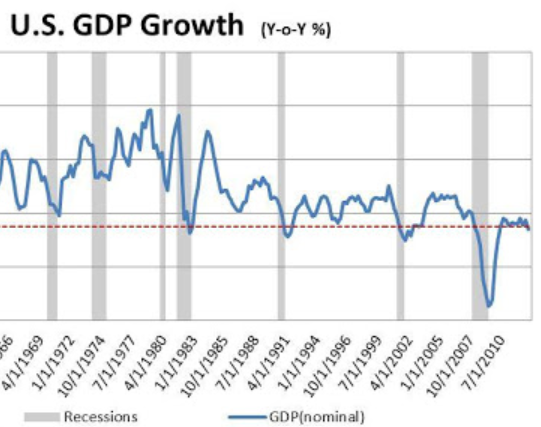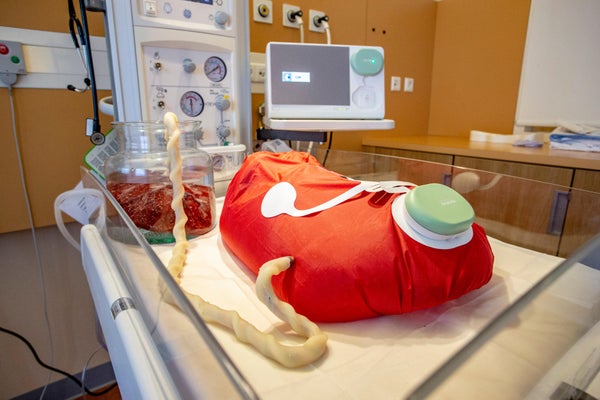1 – Go 100 percent Vegan. Cows and sheep are exceedingly wasteful in terms of Armageddon (or the Sixth Extinction, they are the same thing). Too much land, too much processing and not the best regimen for general health. Our fellow creatures will appreciate it, too. Further, go true vegan and don’t eat seafood; only 20 percent of ocean edibles remain.
2 – Switch to Solar Power. This actually is a good budget move. If you can afford the batteries, go off the grid.
3 – Prefer non-plastic wrappings and containers for food and retail products. Glass and waxed cardboard or paper are better.
4 – If you are young enough and have a lawn in the back yard, convert it to home grown vegetables. Even a youngster like mariner remembers living off a basement of home-canned stews and soups.
5 – Those folks lucky to have stable income probably have three times the clothing they really need. There are other folks nearer than one may think who desperately need clothing.
6 – Refuse to vote for anyone over fifty-five or a totalitarian or a money-maker from industry; vote known locals, not PAC advertising.
7 – Vote for a tax overhaul that strengthens government’s role in health care, retirement, social services and wage support.
8 – Vote for government control over free-ranging corporations; they are as expensive as cattle.
9 – Among your many charities, adopt a destitute political region – local, county, state or nation.
10 – Don’t plan for children you can’t afford – yes, this involves women’s services including abortion – and castration.
Readers with conservative views may call this list bald-faced socialism, even communism. It is true that Planet Earth’s core economic system is capitalist in nature. But capitalism only works as long as there are enough resources for everyone. This characteristic is what drives evolution. When there is a shortage in the biosphere, it is time to make changes to restore the balance. When the biosphere, including global shifts in weather or massive domination by one species, is dysfunctional, dramatic change approaches the biosphere. Many, many scientists see a probable chance for a Sixth Extinction.
As to political conservatives, even crows know to share food with another crow that has no food. Armageddon is not about profit. It’s about survival. There’s always the nuclear war option. That would satisfy Mother Nature to be a genuine Sixth Extinction.
Ancient Mariner



